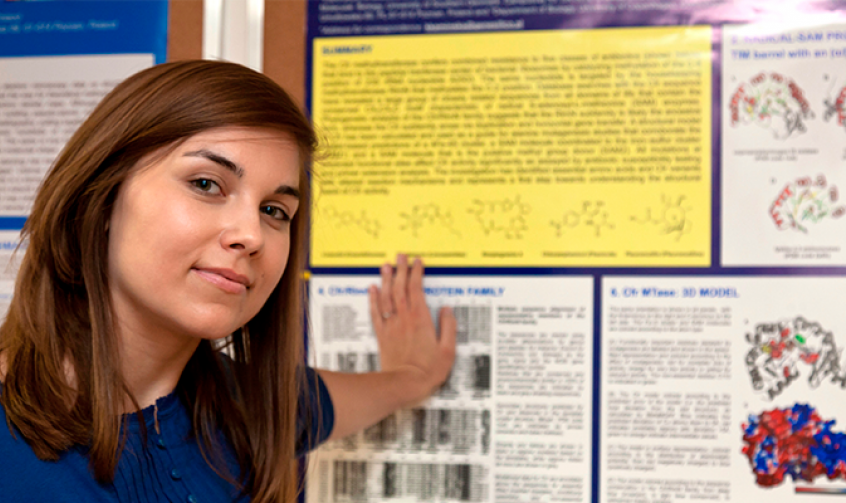Biotechnology & medicine
Katarzyna Kamińska
Her drugs could cure the flu, irrespective of the strain
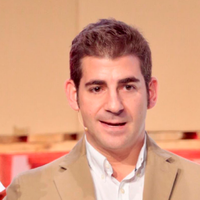
Europe
Carlos Sánchez
His smart orthopedic brace guides scoliosis treatments with objective data
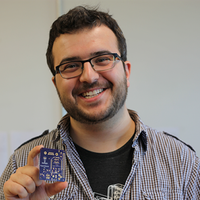
Europe
Charles Fracchia
He is developing software and hardware tools that enable to collect previously‐uncollectable data in order to address the non‐reproducibility of experiments and build smart labs
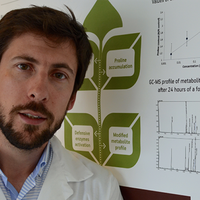
Europe
Guillaume Wegria
Helping plants to grow in spite of the droughts caused by climate change
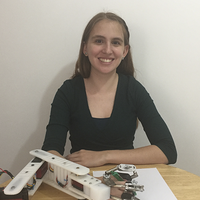
Latin America
Maria Zuluaga Posada
Her robotic arm brace teaches, guides and corrects the hand movementsof people with motor disabilities
